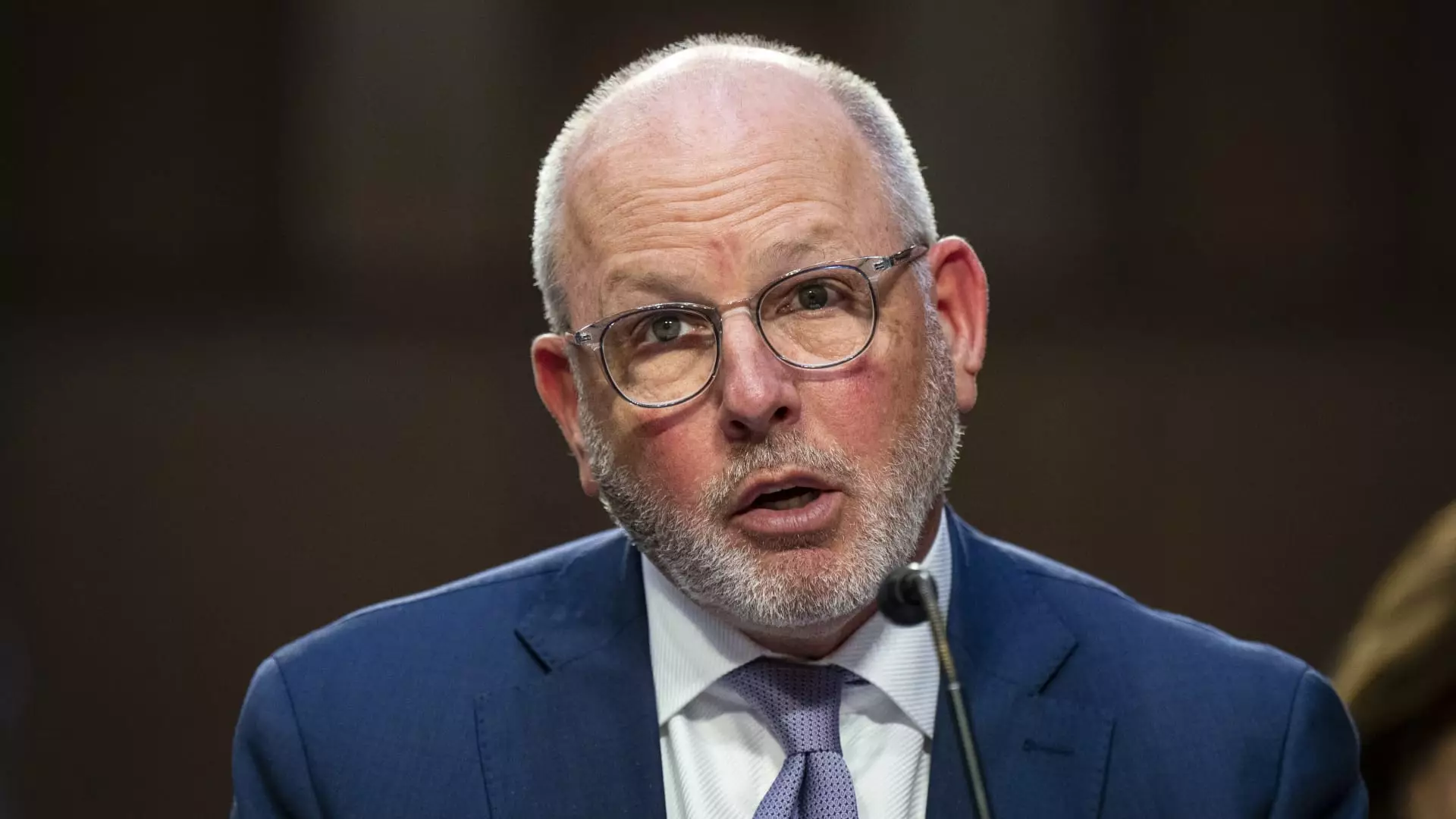The landscape of healthcare in the United States is complex, filled with various entities that play significant roles in determining how medications reach patients and at what cost. Among these entities, Pharmacy Benefit Managers (PBMs) have been increasingly scrutinized for their impact on prescription drug pricing. Recently, David Joyner, the CEO of CVS Health, defended the operations of the company’s PBM arm, Caremark, during a quarterly earnings call. His remarks came at a time when there is heightened scrutiny of PBMs from lawmakers and the public alike, raising questions about transparency and affordability in healthcare.
PBMs like Caremark serve as intermediaries between insurers, drug manufacturers, and pharmacies. They negotiate discounts and rebates on medications to lower costs for insurance plans. Additionally, they create formularies, which are lists of covered drugs, and are responsible for reimbursing pharmacies for medications dispensed to patients. This trilateral relationship is designed ostensibly to streamline access to medications while managing costs for payers and patients; however, several stakeholders have raised alarms about the actual effectiveness and fairness of this model.
Critics argue that while PBMs claim to negotiate favorable prices, they often do not pass those savings onto patients. Instead, they may benefit disproportionately from the rebates negotiated, leading to concerns about whether these middlemen operate for the financial benefit of the healthcare system or their corporate interests. Joyner claimed that PBMs help mitigate rising healthcare costs in the U.S., a contention that has been met with skepticism from multiple corners, including the pharmaceutical industry and consumer advocacy groups.
During the call, Joyner attributed the escalating prices of medications to the monopolistic practices of drug manufacturers. He contended that PBMs are a necessary entity in the market, positioned as defenders against these alleged monopolistic behaviors. Joyner asserted that PBMs generate considerable savings for the healthcare system—an estimated net value exceeding $100 billion annually. Such claims, however, lack independent verification and raise questions about what data or studies support them.
This defensive posture highlights a critical battle in the healthcare arena: the ongoing tension between PBMs and pharmaceutical manufacturers. Both sides utilize differing narratives to position themselves as champions of patient affordability. Manufacturers argue that PBMs’ practices and fee structures contribute to inflated costs for consumers, indicating a dilemma where the mechanisms intended to lower drug prices may inadvertently create obfuscation and additional expense.
As Joyner made his case, the political climate in the U.S. has shown growing recognition of the role PBMs play in the skyrocketing costs of prescriptions. With bipartisan interest in reforming the industry, lawmakers have called for greater transparency in how PBMs operate and how they manage rebates from drug manufacturers. This increased scrutiny reflects wider concerns about accountability within the healthcare system, a sector marred by rising costs and complex pricing structures.
PhRMA, the pharmaceutical lobby, has echoed calls for a closer examination of PBMs. They argue that while PBMs assert they help reduce costs, there is little evidence to indicate that this is translating into lower prices for patients at the pharmacy counter. The disconnect between negotiated prices and out-of-pocket costs for consumers has become a focal point for reform discussions at both state and federal levels.
The discourse surrounding pharmacy benefit managers is indicative of wider systemic issues within the U.S. healthcare framework. As Joyner positioned Caremark as an essential partner in combating rising drug prices, consumers and policymakers continue to demand clarity and accountability from all parties involved in the prescription drug supply chain. While PBMs may argue for their utility, it remains to be seen whether they can effectively reposition themselves as allies in the fight for affordable healthcare.
Moving forward, the ongoing investigations and discussions about the role of PBMs will likely influence legislative changes aimed at increasing transparency and potentially reshaping how medications are priced and distributed in the healthcare market. As stakeholders contemplate the challenges posed by rising drug prices, one thing is clear: the effectiveness and integrity of pharmacy benefit managers are now under the microscope, with the potential for profound changes on the horizon.

